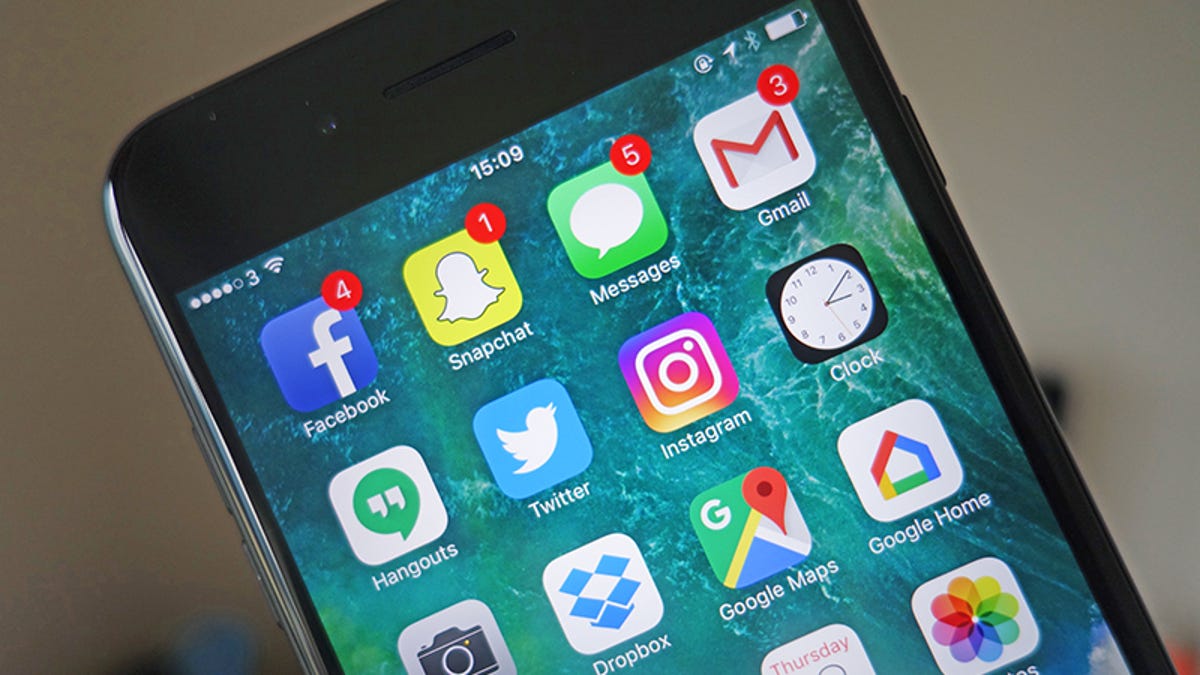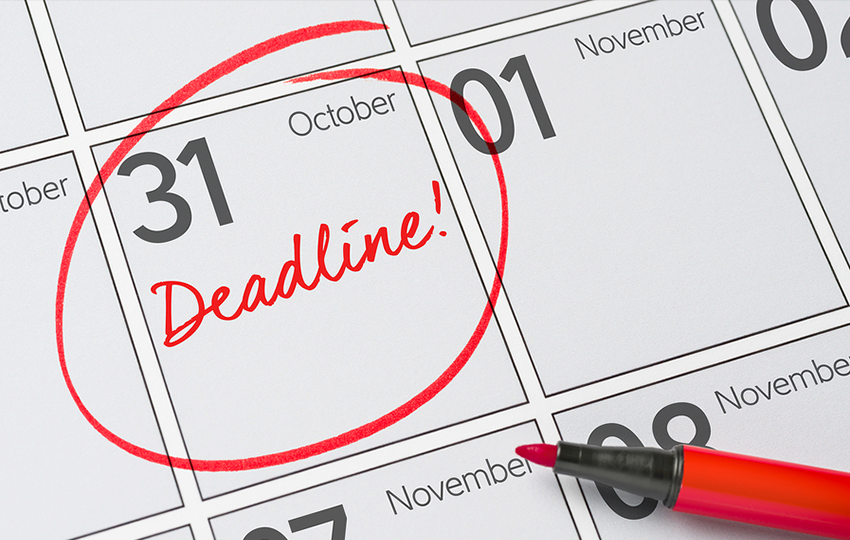Welcome to How To Stop Procrastinating!

“Amateurs sit and wait for inspiration, the rest of us just get up and go to work.” – Stephen King
No matter where you at life, from a middle school student to college student or employee, you encounter a lot of work in your daily life. Whether it is a science project, math finals, or a company project, you dedicate part of your day to deliberate and work on whatever task you need to complete. Working hard is an important part of your life, as you use it to achieve goals and go further in life. Every time you finish a task, no matter how small or big, you have accomplished something invaluable. The proud feeling of getting something done.
However, most people, as they are just about to start working on a task or are in the middle of it, procrastinate and stop working. Procrastination, the act of delaying or postponing something. Procrastination, a mental illness that tells us to stop working on something. Our brains are the cause and the cure for this illness So, what is the cure to procrastination? How can we stop procrastinating?
This blog will inform you on ways you can stop procrastinating. But, before we get into the cure, let’s look at the symptoms of procrastination, and why we do it.
Why We Procrastinate
Procrastination is not us being lazy, but us making the choice to do something else rather than work. So, what makes us choose to not work? Of course, it varies differently for each and every person. But, the most common reasons we choose to procrastinate include distractions, unpleasant tasks, wrongly estimated timing, anxiety, and low self-confidence. (psychology today) On the other hand, some people procrastinate because of a lack of focus, underestimating the value of a task, not knowing where to start, lack of motivation, or overconfidence. Check out this video on a more detailed explanation of why we procrastinate!
The Effects of Procrastination
Besides the obvious fact that procrastination leads to not getting work done, your brain is also negatively affected by procrastination. According to lifehack, procrastinating makes you lose precious time, blows opportunities, stops you from reaching your goals, could potentially ruin your career, lowers your self-esteem, makes poor decisions, damages your reputation, and lastly, risks your health.
On the other hand, procrastination does have some positive effects that improves you as a person in the long run. Make sure to note that these good effects are only good because they teach you to not procrastinate again. Procrastination helps you to learn how to manage delay, provides time to reflect on what’s most important, helps you prioritize, helps you get other things done (only during active procrastination), allows your mind to process, and creates creative ideas. (psych central)
Now that you have a basic idea on the reason for procrastination and the effects, let’s find out how we can stop procrastinating.
1. Get rid of distractions
“You can’t do big things if you are distracted by small things.”

Distractions are all around us. They are in our mind, our environment, the noise, and especially, our electronics. Whenever we think about something else other than our work, we are distracted. We are distracted when we look to our left and right. We are distracted when a notification pops up on our phone. Distractions are serious because they shift our focus from our work to something unnecessary. If we hear someone talking, we are focused on what they are saying. When we see something intriguing, we lose focus on our work and focus on that thing. If a notification pops up on our phone, we immediately grab the phone and see what came up. These distractions stop us from focusing and getting work done. If we didn’t have these many distractions when we are working, we would be able to complete our work much more faster.
In order to prevent us from getting distracted, we have to prevent the distractions. You could wear headphones and listen to music, mute notifications on our phone (or even shut it off), and work in a simple and clean environment where nothing surrounding us is distracting. Doing something as simple as these can save a lot of time and help us finish our work faster.
2. Set a deadline
“The ultimate inspiration is the deadline.” – Nolan Bushnell

Nobody wants to have the anxiety of having to finish something before a set date. However, these deadlines can prevent you from procrastinating.
If your project/task doesn’t have a deadline or has one that is too far in the future, you would procrastinate because you feel like you have a lot of time to complete it. According to medium, “The Journal of Consumer Research recently published a study that showed longer deadlines or no deadline at all can lead people to procrastinate on a task or not complete it at all. Participants given shorter deadlines were more likely to complete the things asked of them than participants given longer time frames.” This is because when we are given a shorter deadline, we get on track and focus on the task and only the task.
3. Use the “2-minute rule”
“A journey of a thousand miles begins with a single step.” – Lao Tzu

The 2-minute rule is a scientifically proven way to stop procrastinating. This works because once you start doing something, you will keep doing it and it will become easier for you to continue. “Want to become a better writer? Just write one sentence (2-Minute Rule), and you’ll often find yourself writing for an hour.” “Want to make reading a habit? Just read the first page of a new book (2-Minute Rule), and before you know it, the first three chapters have flown by.” (business insider)
Once you start something, it will be easier for you to continue doing it. If you ever find yourself not motivated to do something, just start by doing it for two minutes and you’ll be finished in no time!
4. Complete the hardest task first
“If you have to eat two frogs, eat the ugliest one first. ‘This is another way of saying that if you have two important tasks before you, start with the biggest, hardst, and most important task fist.” – Brian Tracy
As I said in my first post, one habit of successful people is that they complete the hardest task first. Completing the hardest task first is not only good for your brain, but it also helps you stop procrastinating. If you complete the hardest first, you will be motivated to take on easier tasks. With this, you will get a lot of work done without procrastinating. Read my first post to see the other benefits of completing the hardest task first.
5. Use incentives
“The best feeling in the world is seeing the benefits and rewards of hard work.” – Kevin Hart
Rewards. Incentives. Prizes. They put a smile on your face, and a gift in your hand. Who doesn’t like incentives?
Incentives not only make you happy, but they are one way to help you stop procrastinating. “Behavior that gets rewarded gets repeated.” Just like dogs do tricks for a goodie, humans also do things for a reward.
Getting a reward for accomplishing a task will motivate you to keep working and not stop. After working for this many minutes, you should reward yourself with a prize or an equal number of minutes for free time for you to do whatever you want.
6. Create a schedule
“Don’t prioritize your schedule, schedule your priorities.” – Stephen Covey

Schedules help you organize your day and plan whatever you need to accomplish. By making a schedule, you know exactly what you need to do and when. Scheduling gives you a set time to work on something and a set time to take a break. Taking breaks will allow you to refresh and recharge. If you are stuck on a problem, your brain will look for a solution while you are relaxing. With a clear mind, you are able to let your stress level lower and think more clearly. It is important to take breaks, even if it is for five minutes or fifteen.
When you are not taking breaks, you should be working on your task. One thing you can use to work on something deliberately is the “Pomodoro Timer.” The Pomodoro Timer is a time when you work on something for a full 25 minutes and then rest. When you are working, there should be no distractions, just you focusing on your work. Try it out and see if you are able to finish your task without procrastinating!
7. Work with a partner
“Alone we can do so little, together we can do so much.” – Helen Keller

Everyone loves being with a friend. Friends motivate us to accomplish new things, whether for personal matters or work matters. We often get bored working by ourselves, but working with friends will motivate us to keep going and finish only when we are done. If you are anxious about not doing good on a task, your friend will comfort you and assure you. After all, what are friends for?
8. Avoid multi-tasking
“The secret to multi-tasking is that it isn’t actually multi-tasking. It’s just extreme focus and organization.”

Many people believe that multi-tasking is a way to get more work done by handling at least two tasks in the same period of time. It seems productive, however, it is actually the opposite of that. Doing several things at one time does not allow you to focus on what you are doing. It only causes distractions and slows you down.
When you multitask, you are more likely to make mistakes and be stressed. It can even lower your IQ, which nobody wants. According to Forbes, “A study at the University of London found that participants who multitasked during cognitive tasks experienced IQ score declines that were similar to what they’d expect if they had smoked marijuana or stayed up all night. IQ drops of 15 points for multitasking men lowered their scores to the average range of an 8-year-old child.” It’s best to work on one thing at a time, finish it, and move on to the next thing.
9. Visualize your future self
“Visualize and think about yourself as you would like to be, not just as you are.” – Brian Tracy
Visualizing is one of the best ways to imagine your future and imagine the type of person you want to be. By visualizing, you are able to set goals and plans on how to accomplish them. With this, visualizing also helps you stop procrastinating.
If you ever think of procrastinating, imagine a future in which you are living your perfect life, in paradise. Then think, how can I get there? The first step in being your perfect self is to accomplish your goals. You need to be able to finish all your tasks and accomplish everything you want to in order to become the best version of yourself. Once you do that, you are able to think clearly and not worry about any remaining work. This will motivate you to complete your work and not procrastinate.
Check out 10 questions to help you visualize your future! Also, be sure to read the book, “Stop Procrastinating: A Simple Guide to Hacking Laziness, Building Self Discipline, and Overcoming Procrastination.”
The Takeaway
Before I learned these techniques to help me stop procrastinating, I would always save my projects till the last day. However, I was able to get plenty of work done and have much time left after using these techniques. With plenty of time I had for myself, I was free and was able to do anything I wanted without worrying about completing a task. If you want to live a life with more freedom and free time, you should:
- Get rid of distractions
- Set a deadline
- Take it one step at a time
- Complete the hardest task first
- Use incentives
- Create a schedule
- Work with a partner
- Avoid multi-tasking
- Visualize your future self
Remember, procrastinating is always normal. Many people do it, including successful people. Procrastinating may have a few positive effects, but it only makes you inefficient in the long run. So next time you are procrastinating, look back at these 9 tips on how to keep working! Once you are done with your work, go ahead and enjoy!
“My advice is to never do tomorrow what you can do today. Procrastination is the thief of time.” – Charles Dickens
